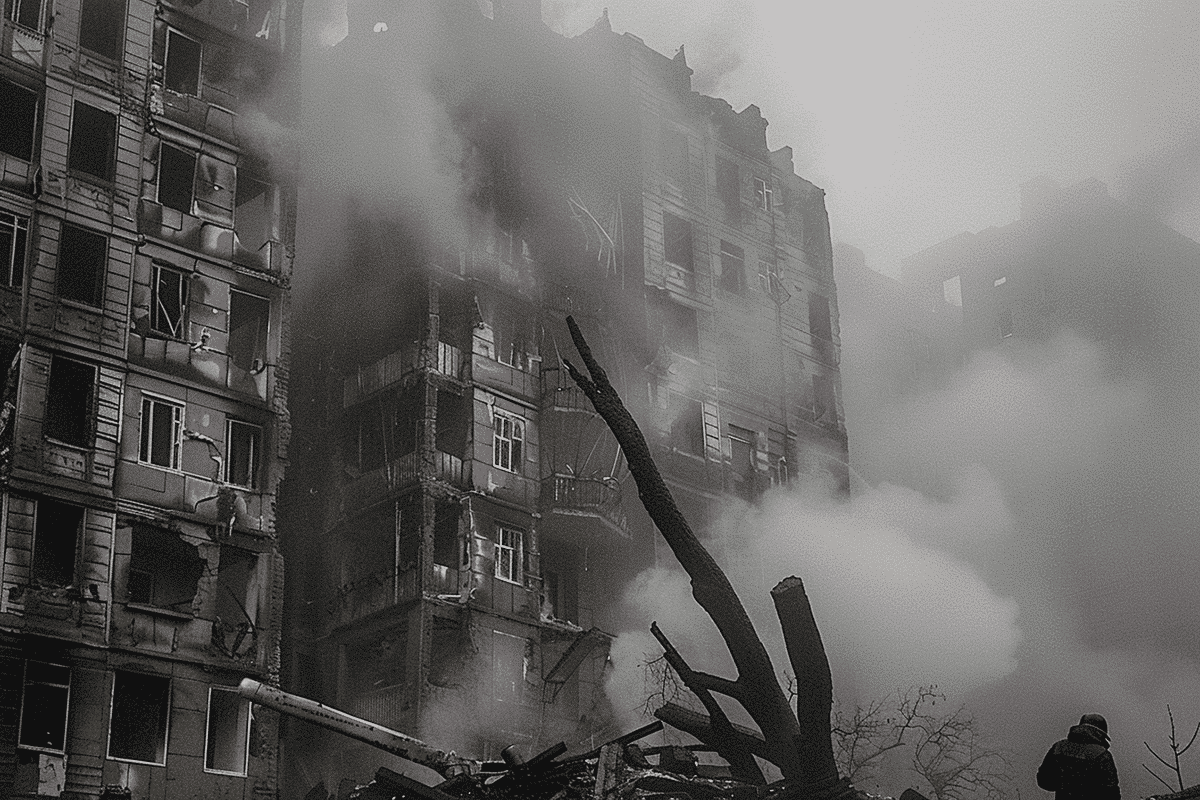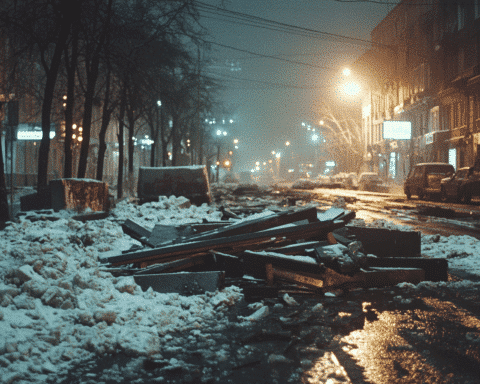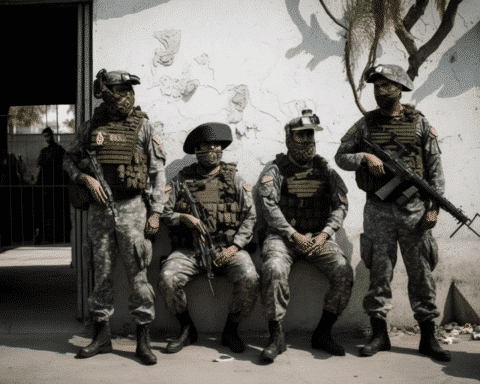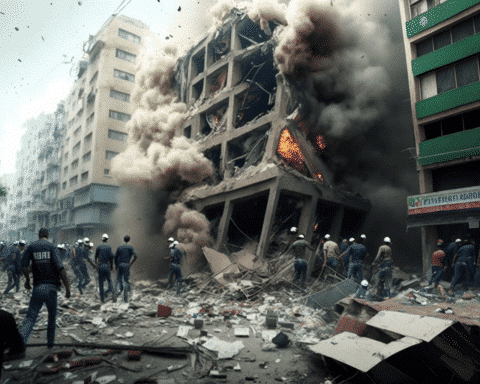In a dramatic escalation of the ongoing conflict between Ukraine and Russia, Ukrainian forces have intensified their artillery and drone strikes on a Russian border region. The region, particularly the city of Belgorod, has been the target of sustained attacks, leading to casualties and widespread disruption.
Authorities in the affected area announced the closure of schools and colleges as part of a major evacuation plan aimed at safeguarding civilians from the relentless shelling. The decision to close educational institutions comes after continued Ukrainian attacks, which have resulted in deaths and injuries among the local population.
Despite facing a shortage of ammunition supplies along the front line, Ukrainian forces have pursued a strategy of long-range strikes, targeting not only military installations but also oil facilities deep inside Russian territory. These attacks have put pressure on the Kremlin and underscored Ukraine’s determination to challenge Russian dominance in the region.
The recent closure of schools and colleges in Belgorod follows the evacuation plan unveiled by regional authorities, which aims to relocate approximately 9,000 children from the conflict-affected area. These measures come in the wake of a controversial presidential election in Russia, where President Vladimir Putin secured a landslide victory amid allegations of electoral fraud.
The attacks on Russian soil have provoked strong condemnation from the Kremlin, with President Putin pledging support for civilians who have lost their homes and businesses as a result of the violence. The Russian Defense Ministry reported intercepting Ukrainian rockets over the Belgorod region, resulting in casualties and further escalating tensions in the area.
In a possible sign of Ukraine’s evolving strategy, drones targeted the city of Engels in the Saratov region, where a strategic air base is located. These attacks demonstrate Ukraine’s ability to strike deep into Russian territory and disrupt key military installations.
Analysts have warned that without additional support from Western allies, Russia’s military advantages will continue to mount, increasing the risk of a breakthrough on the front line in the coming months. While the European Union has pledged to provide assistance by using frozen Russian assets to fund weapons procurement for Ukraine, the United States Congress remains stalled over additional military funding for the embattled nation.
In response to the urgent need for artillery shells, the Czech government has committed to sourcing large quantities from around the world, with deliveries expected to begin as early as June. However, the delay in international support leaves Ukraine vulnerable to the superior firepower of the Russian military, heightening the urgency of the situation.
As the conflict intensifies, reports emerge of further casualties in northeastern Ukraine, where Russian attacks on cities like Kharkiv and Sumy have caused widespread destruction and loss of life. The humanitarian toll of the conflict continues to mount, underscoring the urgent need for a peaceful resolution to the crisis.




